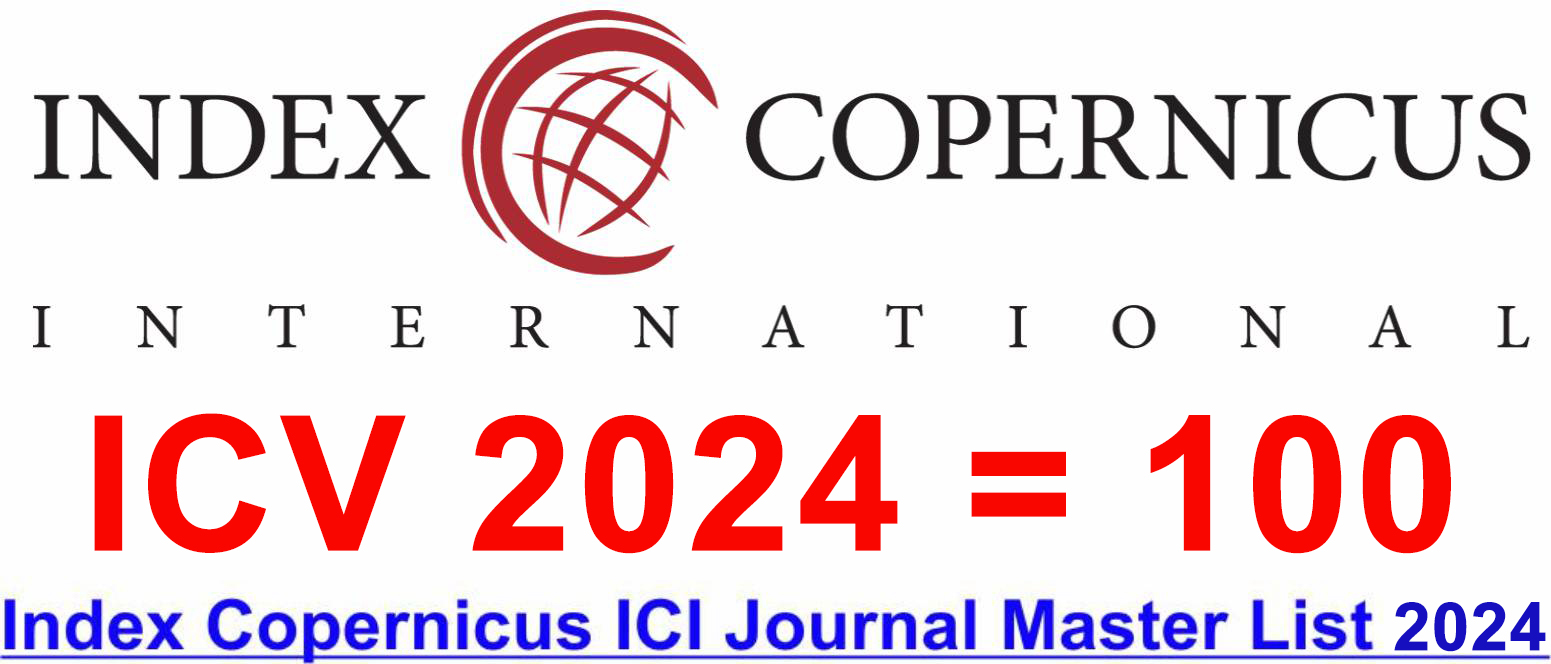Analysis of Pre- and Post-Global Financial Crisis Evidence Concerning Financial Incorporation and Stock Market Effectiveness
DOI:
https://doi.org/10.46977/apjmt.2023.v04i01.001Keywords:
Global Financial Crisis, African Stock Markets, Explanatory Strength, Financial IntegrationAbstract
Within the context of the 2008-2009 global economic crisis, the goal of this study is to look at the possible effects that informational efficiency may have on financial globalization and market microstructure. Ten developed and rising African markets make up the sample, which spans the years 2003 to 2012. The results, which were obtained using the same methods, reveal several intriguing aspects. First, markets with greater US market integration also tend to be more productive. Also, this large and favourable correlation is observed in both established and African stock market groupings. Secondly, the correlation between informational effectiveness and economic assimilation loses some of its descriptive power throughout the worldwide economic crisis when African developing markets seem to be more precarious than their developed equivalents. In general, the findings lend credence to the idea that the advantages of commercial integration for Africa could be substantial, which could entice overseas investors who are trying to maximize expected returns while minimizing risk.
Downloads
References
Ahn, H. J., Cai, J., & Cheung, Y. L. (2020). Execution costs, investability, and actual foreign investment in emerging markets. China Finance Review International, 10(2), 143-167. https://doi.org/10.1108/CFRI-04-2018-0030
Dinh, T. T. H., Vo, D. H., The Vo, A., & Nguyen, T. C. (2019). Foreign direct investment and economic growth in the short run and long run: Empirical evidence from developing countries. Journal of Risk and Financial Management, 12(4), 176. https://doi.org/10.3390/jrfm12040176
Gelos, G., Gornicka, L., Koepke, R., Sahay, R., & Sgherri, S. (2022). Capital flows at risk: Taming the ebbs and flows. Journal of International Economics, 134, 103555. https://doi.org/10.1016/j.jinteco.2021.103555
Gupta, K. (2021). The importance of financial liberalisation for economic growth: The case of Indonesia. Bulletin of Indonesian Economic Studies, 57(2), 175-201. https://orcid.org/0000-0001-8695-0514
Hoque, M. E., & Zaidi, M. A. S. (2020). Global and country-specific geopolitical risk uncertainty and stock return of fragile emerging economies. Borsa Istanbul Review, 20(3), 197-213. https://doi.org/10.1016/j.bir.2020.05.001
Iqbal, U., Gan, C., & Nadeem, M. (2020). Economic policy uncertainty and firm performance. Applied Economics Letters, 27(10), 765-770. https://doi.org/10.1080/13504851.2019.1645272
Lee, S. I., & Yoo, S. J. (2020). Multimodal deep learning for finance: integrating and forecasting international stock markets. The Journal of Supercomputing, 76, 8294-8312. https://doi.org/10.1007/s11227-019-03101-3
Liu, M., Choo, W. C., & Lee, C. C. (2020). The response of the stock market to the announcement of global pandemic. Emerging Markets Finance and Trade, 56(15), 3562-3577. https://doi.org/10.1080/1540496X.2020.1850441
Nakajima, T. (2019). Expectations for statistical arbitrage in energy futures markets. Journal of Risk and Financial Management, 12(1), 14. https://doi.org/10.3390/jrfm12010014
Ni, N., & Liu, Y. (2019). Financial liberalization and income inequality: A meta-analysis based on cross-country studies. China Economic Review, 56, 101306. https://doi.org/10.1016/j.chieco.2019.101306
Zaremba, A., & Maydybura, A. (2019). The cross-section of returns in frontier equity markets: Integrated or segmented pricing?. Emerging Markets Review, 38, 219-238. https://doi.org/10.1016/j.ememar.2019.02.003
Published
How to Cite
Issue
Section
Copyright (c) 2023 Asia-Pacific Journal of Management and Technology (AJMT)

This work is licensed under a Creative Commons Attribution-NonCommercial 4.0 International License.



















